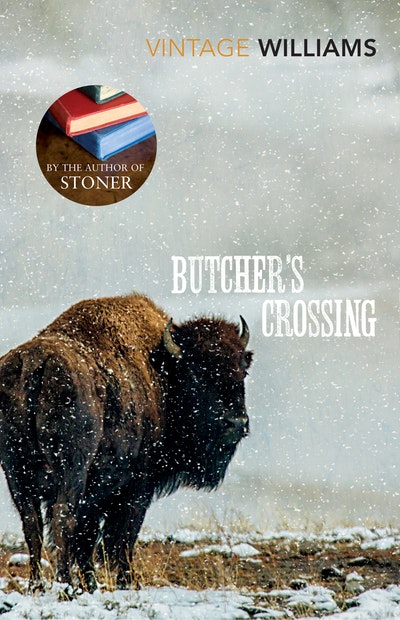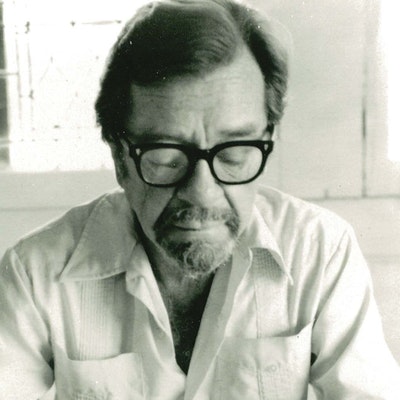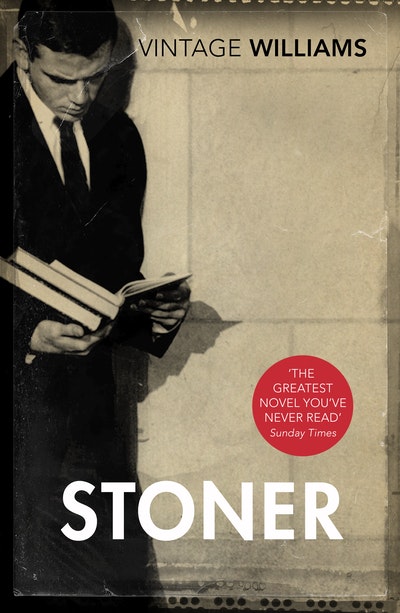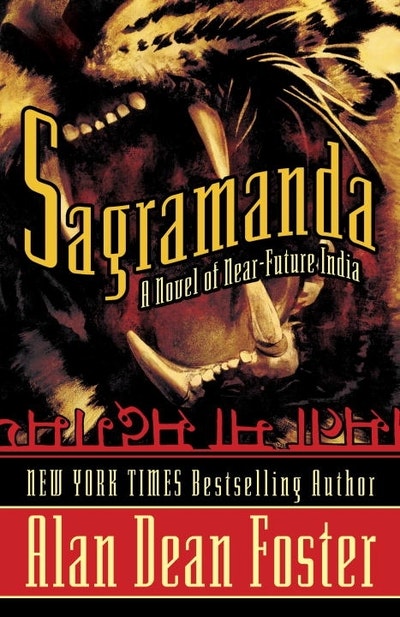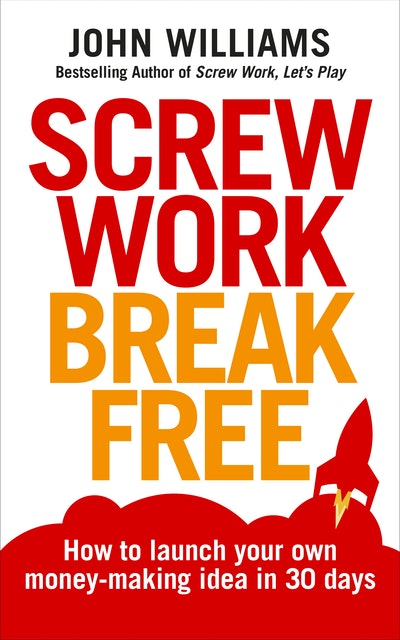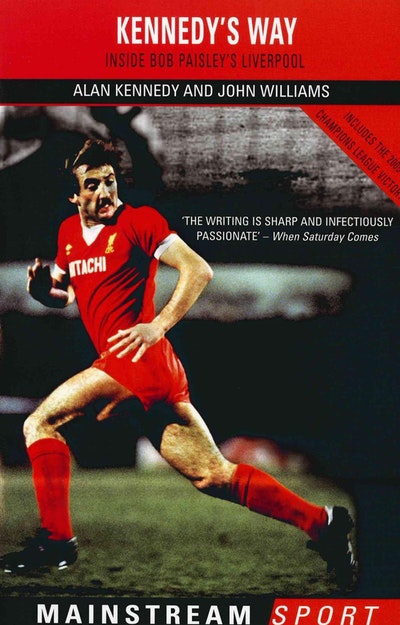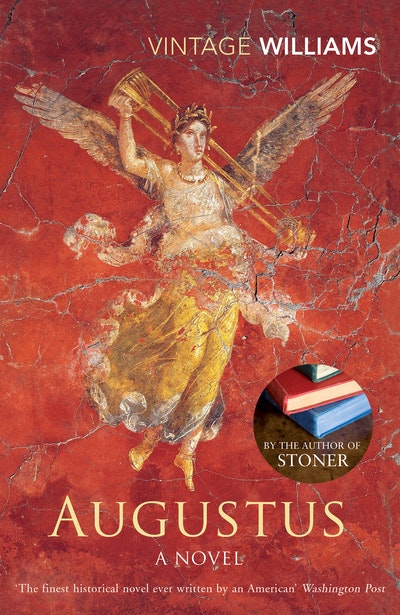- Published: 7 January 2016
- ISBN: 9781448191789
- Imprint: Vintage Digital
- Format: EBook
- Pages: 352
Butcher's Crossing
- Published: 7 January 2016
- ISBN: 9781448191789
- Imprint: Vintage Digital
- Format: EBook
- Pages: 352
His Stoner is the book that has garnered the attention, but I prefer this earlier take on the Western genre…it has some gory, visceral passages that are not for the faint-hearted
Kate Atkinson, Irish Times
Shorn of sentimentality or decoration, the events and places [Williams] describes begin to feel inescapable, permanent, and rivetingly dramatic. This is language that seems to be carved into stone – into mountains... Stoner showed us a writer who had written a great book. To those of us who didn't know already, Butcher's Crossing reveals John Williams to be more than that: forgotten writer as he was, he was unquestionably also a great one
Archie Bland, Independent
Superbly understated
Rosemary Goring, Herald
One of the finest books about the elusive nature of the West ever written… It’s a graceful and brutal story of isolated men gone haywire
Time Out
Harsh and relentless yet muted in tone, Butcher’s Crossing paved the way for Cormac McCarthy
New York Times Book Review
Butcher's Crossing is like a western by Joseph Conrad...wonderful...beautifully written
David Nicholls
This story about the hunt of one of the last great buffalo herds becomes a young man’s search for the integrity of his own being…The characters are defined, the events lively, the place, the smells, the sounds right. And the prose is superb
Chicago Tribune
It is the novel's immense visual power and tangibility of material detail, its fully realized sense of time and place, its telling incidents, its nimble and subtle resonance with the Bible, and its fleshed-out characters, that make it a very great work
Boston Globe
John Williams's unsparing novels express a highly qualified though resilient optimism about our ability to salvage something of value from life's impossible conditions. Along with the necessary isolation of the artist, he conveys the sobering if startled recognition--perhaps with his own career in mind--of the transitory triumph of art
Times Literary Supplement
Butcher’s Crossing is remarkable for the accuracy of Williams’s prose
John Sutherland, The Times
Intense, unflinching lucidity
Peter Kemp, Sunday Times
[Williams] has produced something timeless and great’ ‘Butcher’s Crossing, written in 1960 and Williams’s first mature novel, is far removed from the time and place of Stoner. It may also be the better novel
Nicholas Lezard, Guardian
Had me on the edge of my seat... If you do not read another book all year, read this one. At the end, I was quite gasping for breath
Virginia Blackburn, Sunday Express
It is a novel of great beauty and power, and it deserves the same belated recognition accorded Stoner
David Evans, Independent on Sunday
From the author of Stoner, a western full of the same psychological intensity
The Times
supremely well-written and built to last
Adam Foulds, Spectator
Readers of Stoner will hopefully come to Butcher’s Crossing to get more of what Williams can provide: thoughtfulness, strong writing, powerful characterisation, involving drama and images and details that remain in the reader’s mind long after reading
Bookmunch
The evocation of landscape is unforgettable
Boyd Tonkin, Independent
Williams's intense semi-skimmed prose – so different from [Herman] Melville's full-fat variety – has the same power to mesmerize... Likely to become a favourite of 2014
Times Literary Supplement
The tale of men struggling to survive in a brutal landscape is told in language so sparse that whole passages are made up of monosyllabic vocabulary that is powerfully immersive. You can only guess at the influence Williams may have had on Cormac McCarthy
Ben Felsenburg, Metro
Williams is a versatile writer: the story of Will Andrews couldn't be more different to the tale of William Stoner – and his depiction of the behaviour of men in extreme situations is masterful
Oldie
A meditative cowboy yarn with a putative ecological message, it could not be more different from Williams’s [Stoner]; it is just as good
David Evans, 5 stars, Independent On Sunday
It is a sort of Dances with Buffaloes, and one of the most tense, gripping, tragic novels I have ever read
Giles Coren, The Times
Stoner...is a fine book but his western novel Butcher's Crossing is even better... Visceral, violent and chilling.
Barbara Taylor Bradford, Daily Mirror
A novel that turns upside down the expectations of the genre—and goes to war with a century of American triumphalism, a century of regeneration through violence, a century of senseless slaughter.
John Plotz, Guardian
